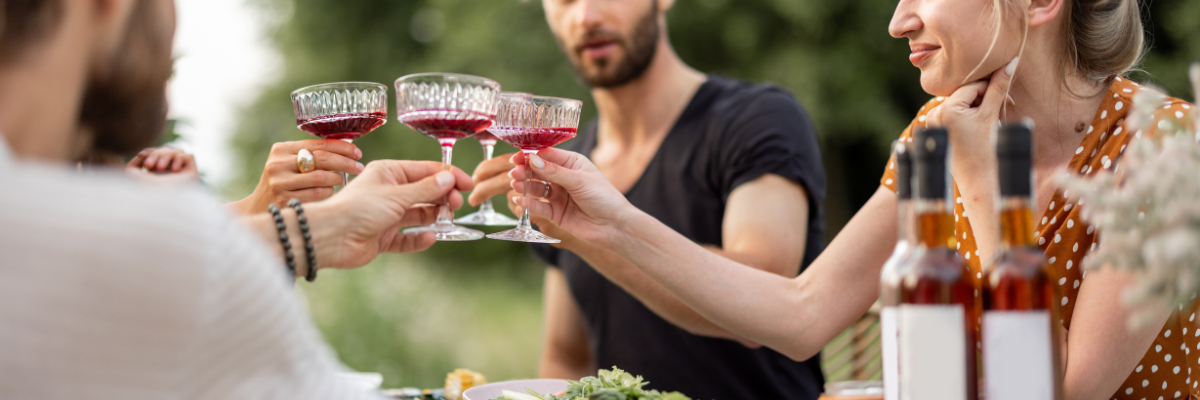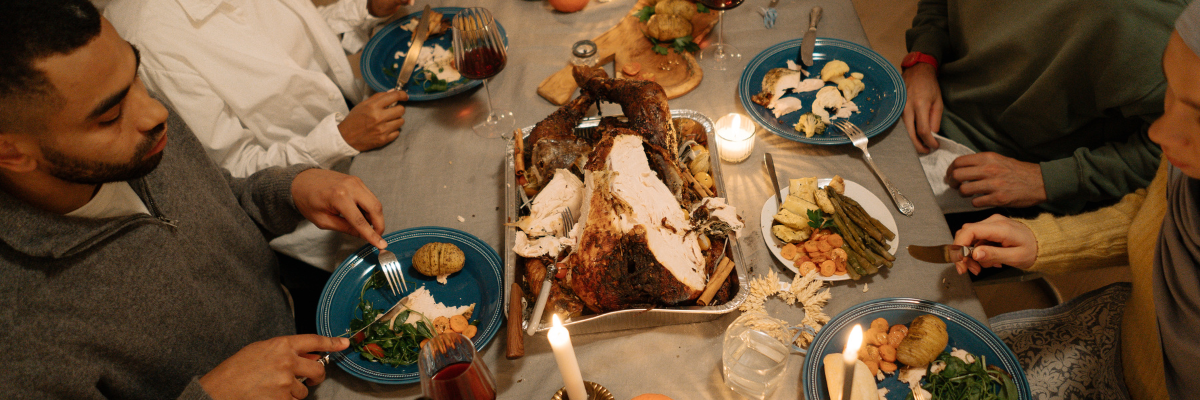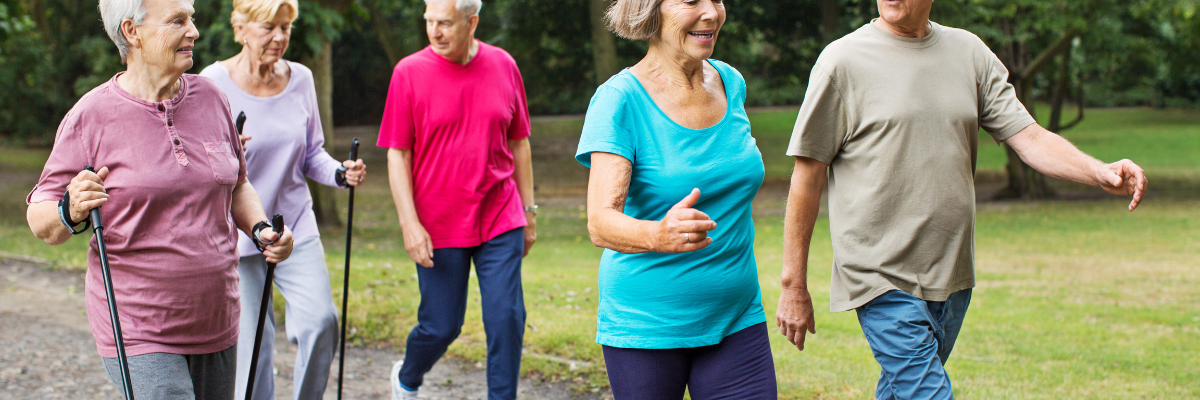Tis the season to eat, drink and be merry and after so many cancelled get togethers over the last few years, it’s long overdue. But while COVID may not be dominating the headlines for the first time in ages, other seasonal bugs and viruses – not to mention NHS strikes – are threatening to put a dampener on things. So make sure you do everything you can to avoid getting poorly so that illness doesn’t spoil your festive season.
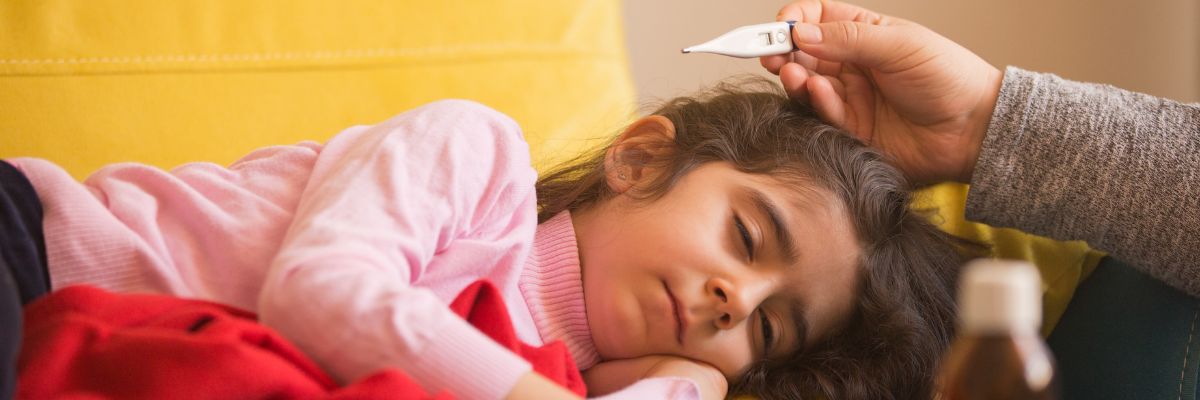
10 times more people are in hospital with flu than this time last year, proving that flu is much more serious than a cold.
Here are some simple tips to make sure everyone in your household has a very happy and above all healthy Christmas and New Year.
- Wash hands … well!
‘Washing your hands is one of the easiest ways to protect yourself from catching illnesses such as colds, flu and even food poisoning and sickness bugs’, says GP and ZoomDoc Chief Medical Officer, Dr Kenny Livingstone.
‘But make sure you use soap, water and wash hands for the amount of time it takes to sing “Happy Birthday” twice – otherwise you’re not going to properly get rid of the germs you need to,’ he adds.
NHS advice is to always wash hands before or after eating or handling food, changing nappies, going to the toilet, touching animals and always after sneezing, coughing or blowing your nose.
Not only is it an easy way to stop you catching something and getting sick, washing hands correctly can also stop you spreading an illness to someone else.
Just remember that hand gels don’t kill norovirus germs, so using soap and water is always a better option where possible.
Here’s how to properly and correctly wash your hands.
- Watch your alcohol intake
If you’re partial to a Christmas tipple or three, you’re probably going to skip past this point. But reducing your alcohol intake as much as you can is an easy way to stay healthier over Christmas.
‘Alcohol causes dehydration, hangovers, sleep issues, liver problems and can lower your immune system making it more likely you’ll get sick, so drinking less really will keep you healthier and away from the doctor over the festive season,’ says Dr Kenny.
The Chief Medical Officers’ guidelines for both men and women say not to drink more than 14 units of alcohol per week. That’s roughly six pints of beer or six medium glasses of wine (source: Drinkaware). Having several alcohol-free days per week is recommended. And you could always start thinking about Dry January, giving up alcohol completely for a month to see the benefits!
If you don’t fancy cutting out alcohol right now, try cutting down your intake a bit by alternating each glass with a glass of water – it’ll fill you up (so you’re less likely to drink as much) and keep you hydrated at the same time.
- Know your four Cs for cooking
Unfortunately cases of food poisoning can spike around Christmas but you can easily reduce the risk by knowing the four Cs of food hygiene: Chilling, Cleaning, Cooking and avoiding Cross-contamination are important throughout the year, but especially at Christmas – that’s according to recent advice from the Food Standards Agency.
Key points to remember are that a turkey can take days to fully defrost before cooking, and once cooked, it should be steaming hot in the middle, no pink meat visible with any juices running clear. There’s also no need to wash the turkey (or any raw meat) before cooking it. This simply spreads harmful germs around the sink and kitchen surfaces and is no longer recommended or necessary.
‘If you do come down with food poisoning – sickness and/or diarrhoea – your symptoms should fizzle out within a week,’ says Dr Kenny.
‘Until then, the main thing is to stay hydrated, sipping water or rehydration drinks and stay away from other households for at least two days after the last bout of sickness or diarrhoea to avoid spreading it to others,’ he adds.
- Get fresh air
We all know how valuable fresh air was during the pandemic for keeping us healthy and that still applies now – especially with so many seasonal viruses around at the moment!
‘From getting out for a walk to keeping windows open when family comes over, fresh air is definitely your friend when it comes to staying healthy over the festive season,’ says Dr Kenny.
As well as helping you avoid airborne viruses, getting out for a walk – even a brisk 10-minute one – can also help with anxiety and stress, which can rise over the holidays.
- Know when to call the doctor
NHS services are stretched at this time of year anyway thanks to the post-COVID backlog teamed with staff shortages and a rise in other seasonal illnesses such as Flu. But this year is going to be particularly worrying thanks to nursing strikes and ambulance strikes taking place over the holidays.
So what should you do if you do get ill or have an accident over Christmas?
‘If you’re unwell and aren’t getting any better, or are getting worse, with a high temperature, rash or any unusual symptoms, or have an accident, call your doctor, or 111 for medical advice. For kids, make sure you’re on the lookout for Strep A symptoms, too,’ says Dr Kenny.
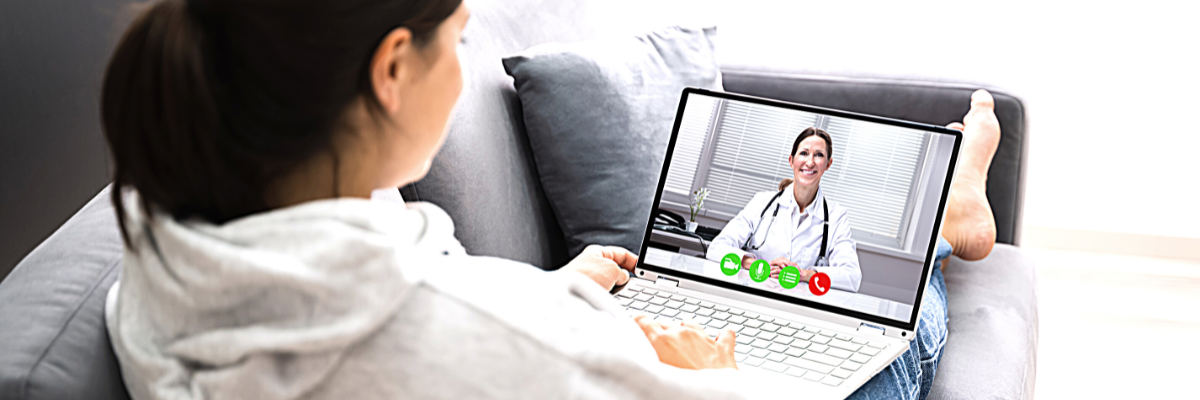
Speak to a GP in seconds. Instant telephone and video calls. No stress and no waiting. A service you can rely on – 24/7.
‘In addition, for something less urgent or simply for medical advice at a time that suits you, ZoomDoc’s app can put you in touch with a private GP for peace of mind or to point you in the direction of where to go next. Download it here.’
Find out more about when you need to see a doctor, and when you don’t here.


